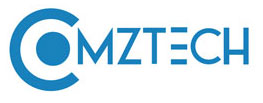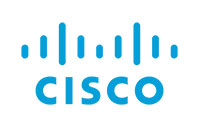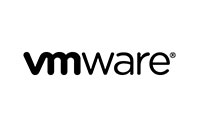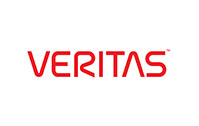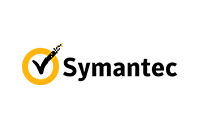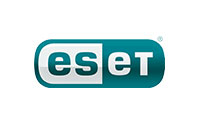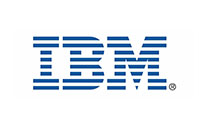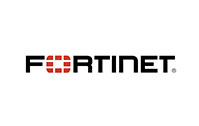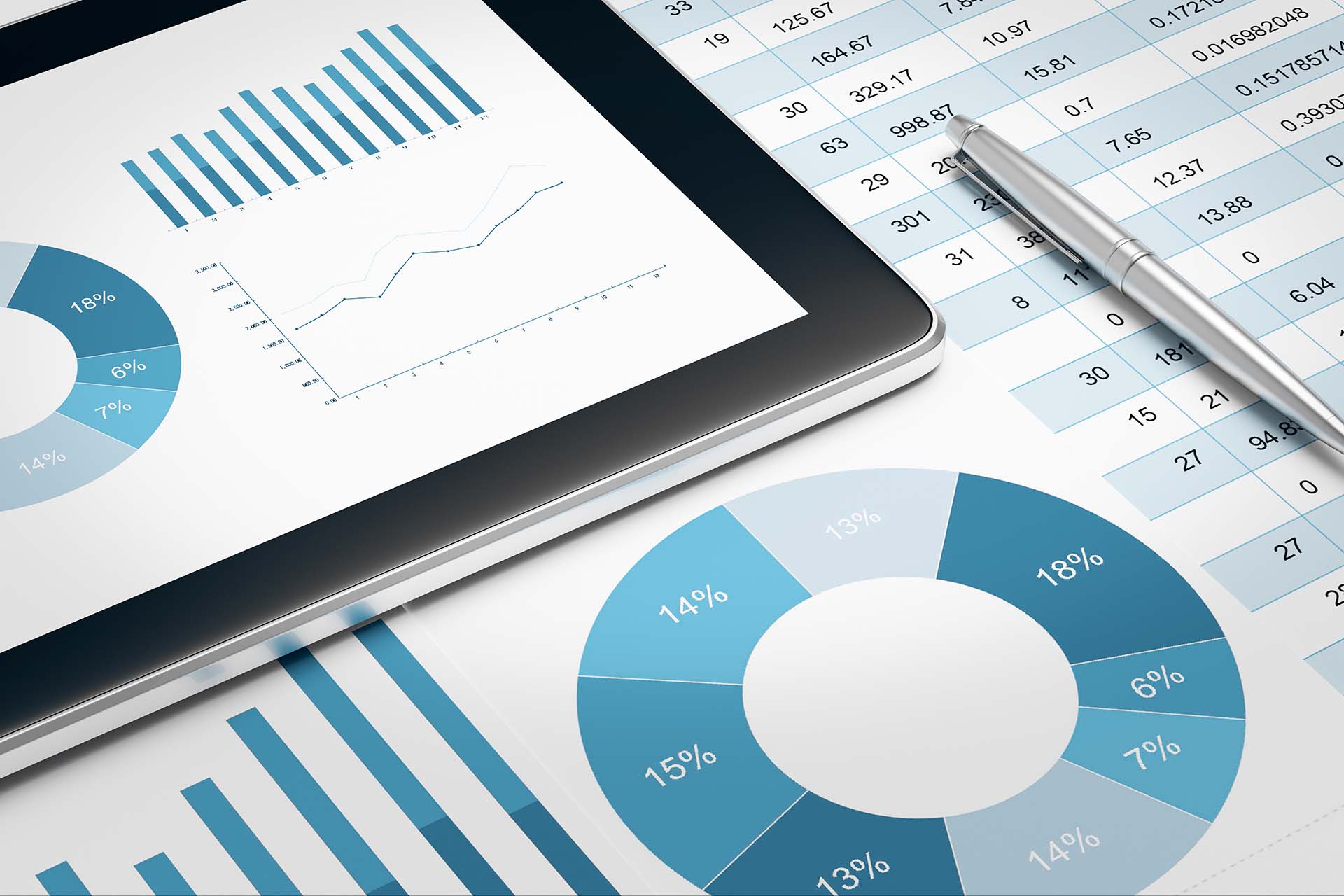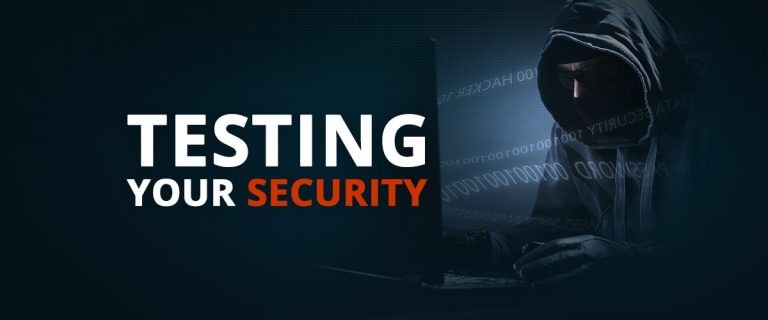Computer security
Having a good computer security does not only entail protecting a system from external or internal threats. It must also NOT hinder a system user, or a system, from properly and speedily performing its required functions.
Examples of security solutions may include:
1. Firewalls: these monitor incoming and outgoing network traffic against certain set security rules and determines whether to allow or block that traffic.
2. Anti Virus software which detects, prevents and removes malware(malicious software) from a computer.
3. Internet Security: a combination of anti virus, firewall, antispyware, parental control, Spam block. This combines all the functions of its constituent aspects.
4. Threat intelligence software: provides organizations with in-depth information on new cyber threats making it possible for cyber security teams to take proper action against them.
5. Database monitoring software: monitors activities and actions, in real-time, in a database providing alerts on policy violations.
So what are the qualities of a good computer security?
It must preserve:
– Confidentiality: This means that confidential data is not availed or disclosed to unauthorized people and that an individual can control which kind of information is collected and stored about, who stores that information and who the information may be shared with.

– Integrity: Ensuring data is not changed, or deleted unauthorizedly and that a system performs its functions properly without any unauthorized manipulations.
– Availability: Making sure that a system performs and provides services in a timely manner to avoid denial of service (DoS) to its authorized users.
While having top notch computer security is important, some security applications can especially bog down a system. This can retard functionality and availability at inappropriate times. The solution to this would be scheduling your system scan during periods when the system is least active. For example during the night time.
